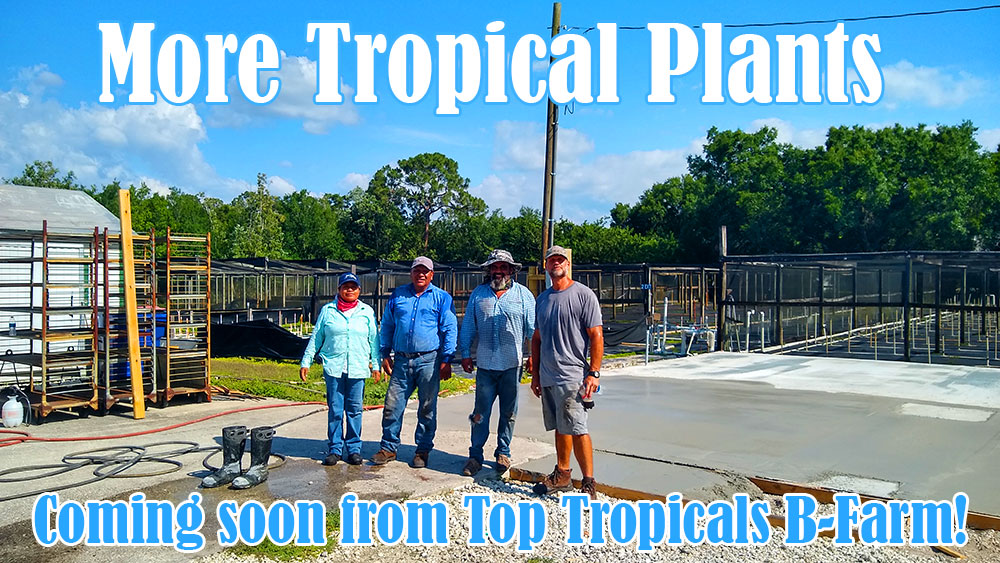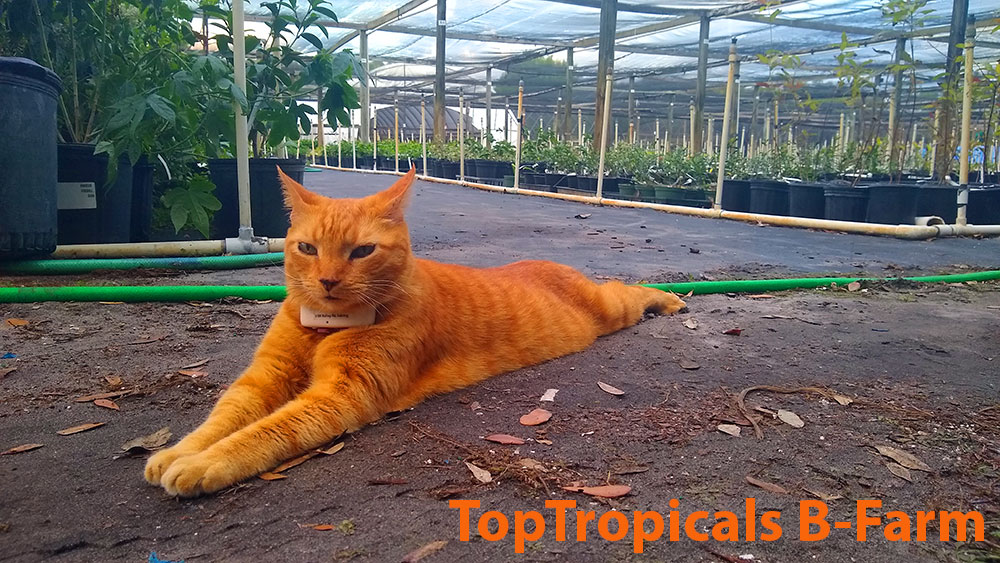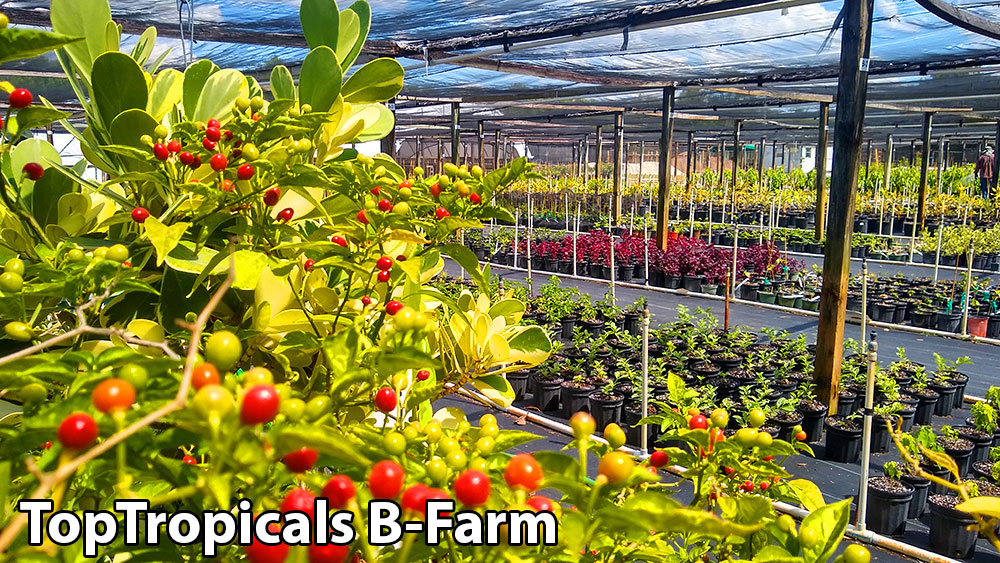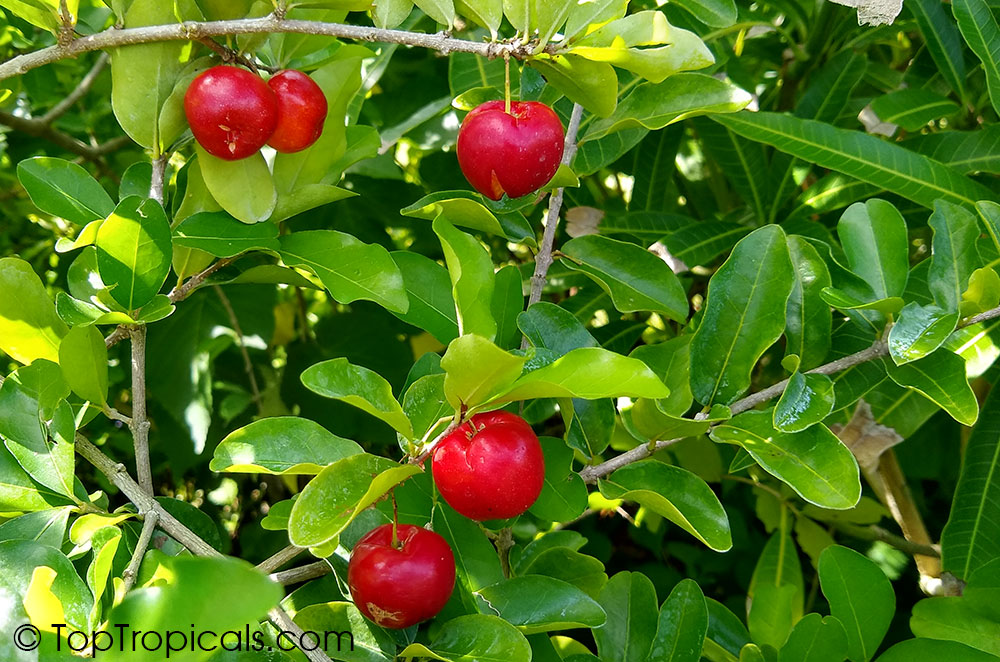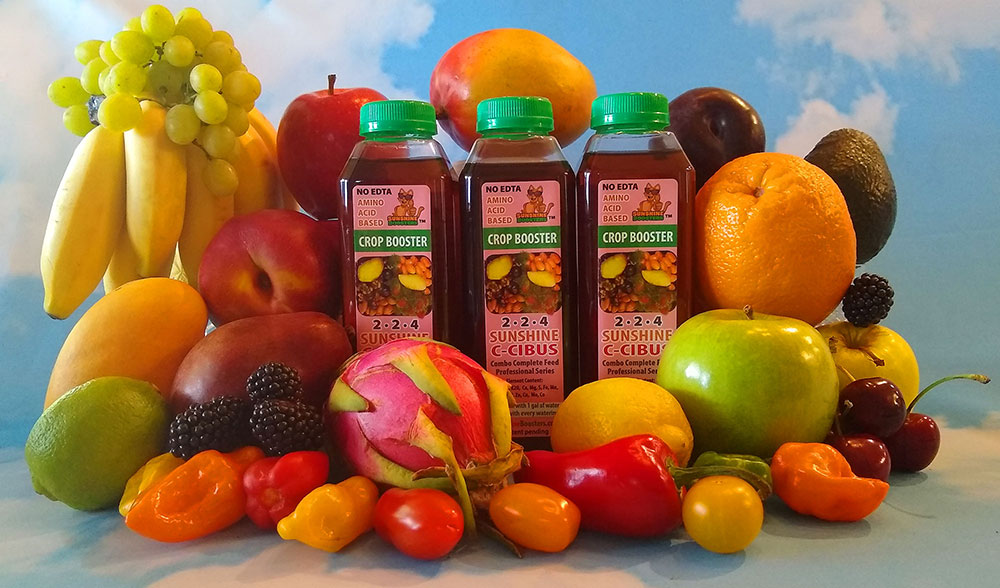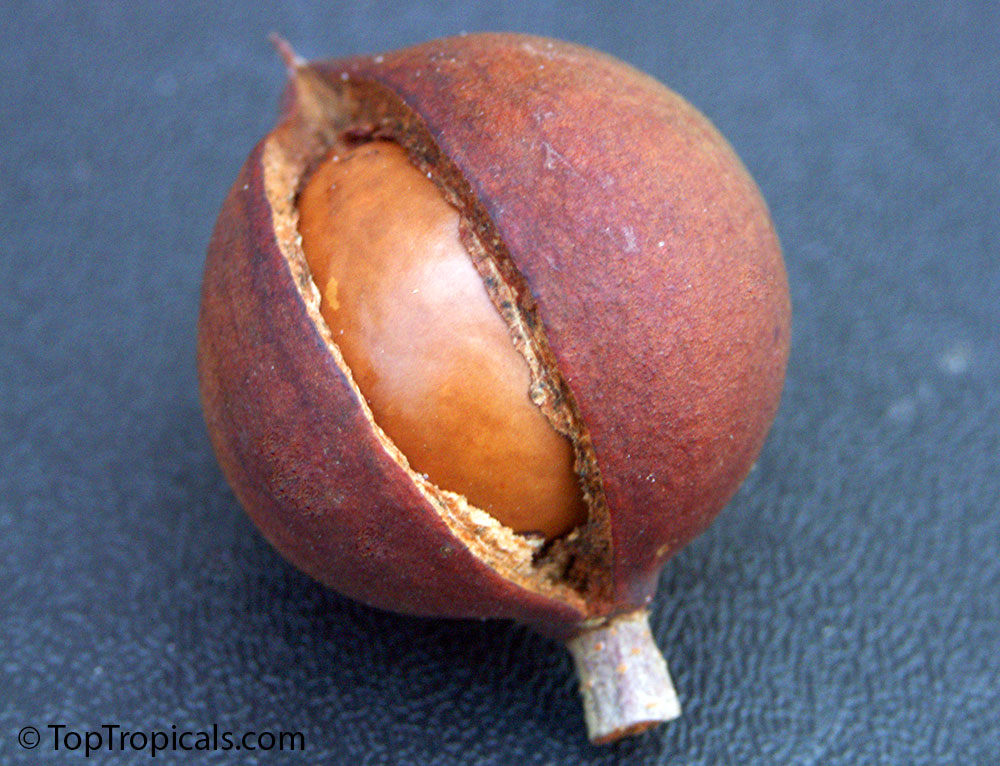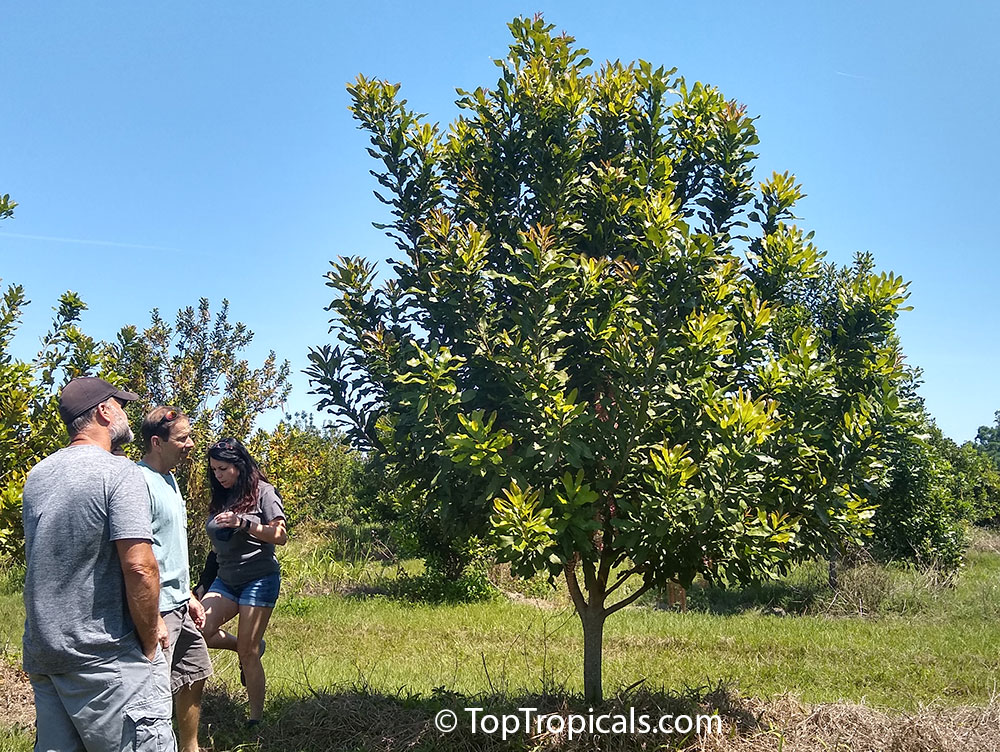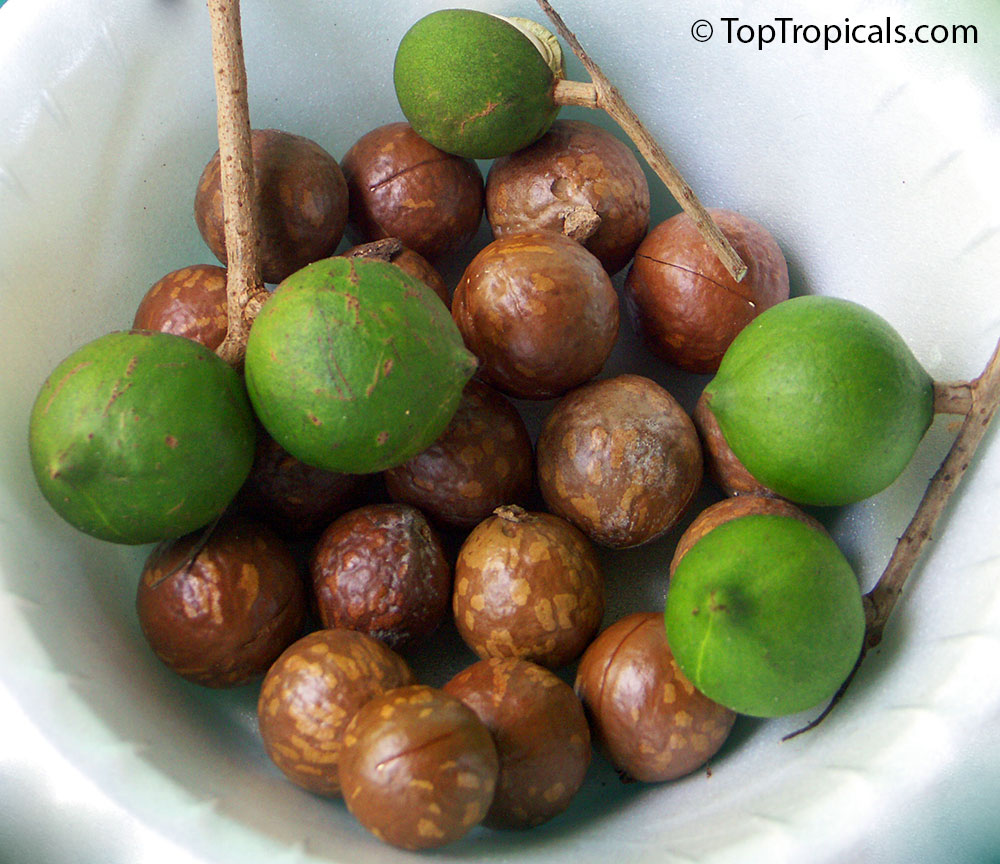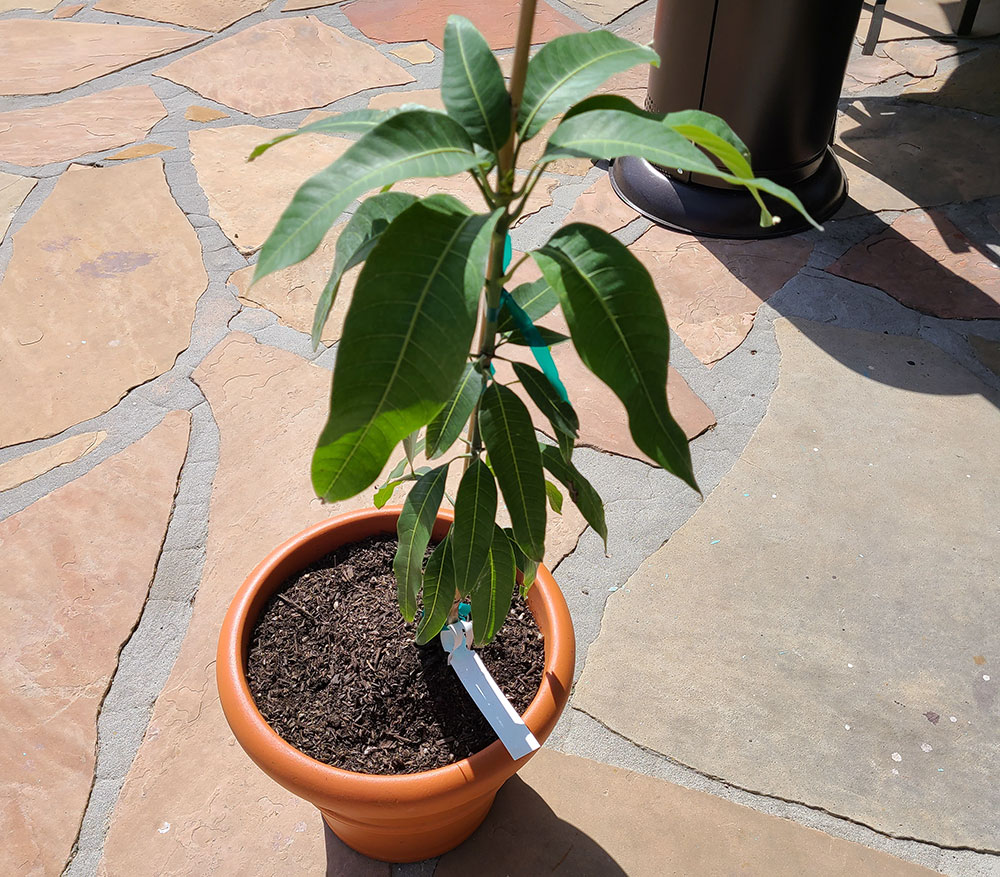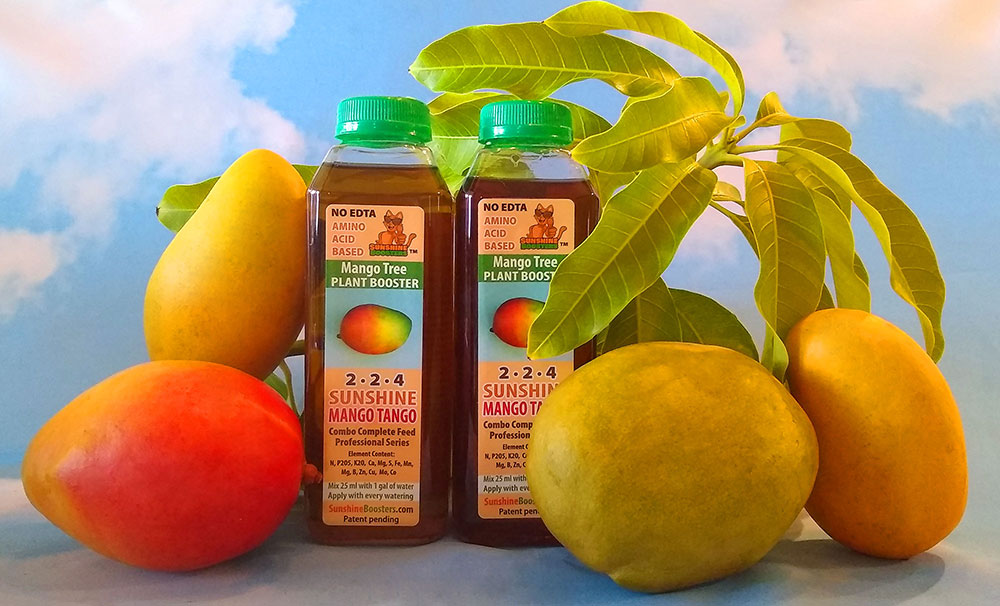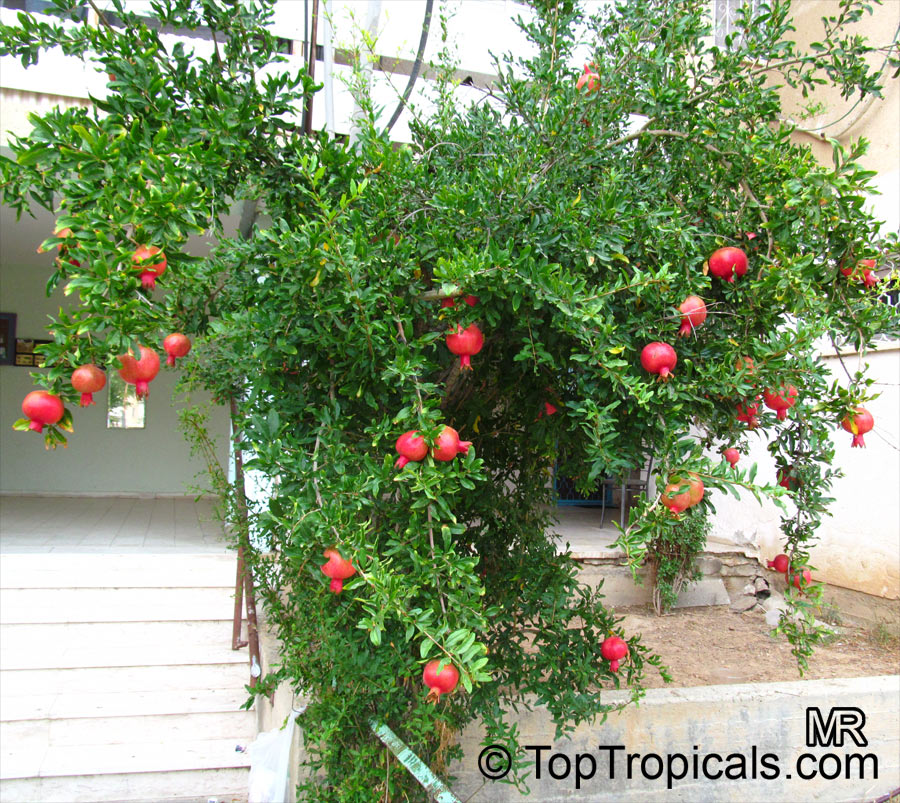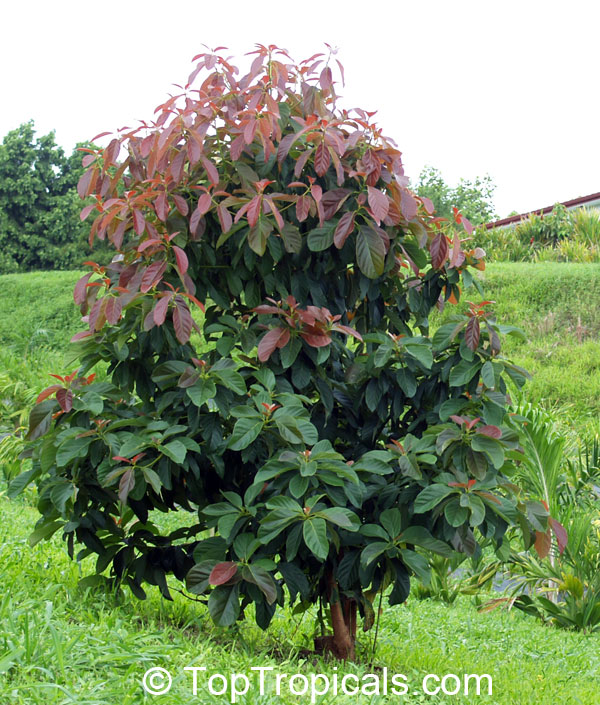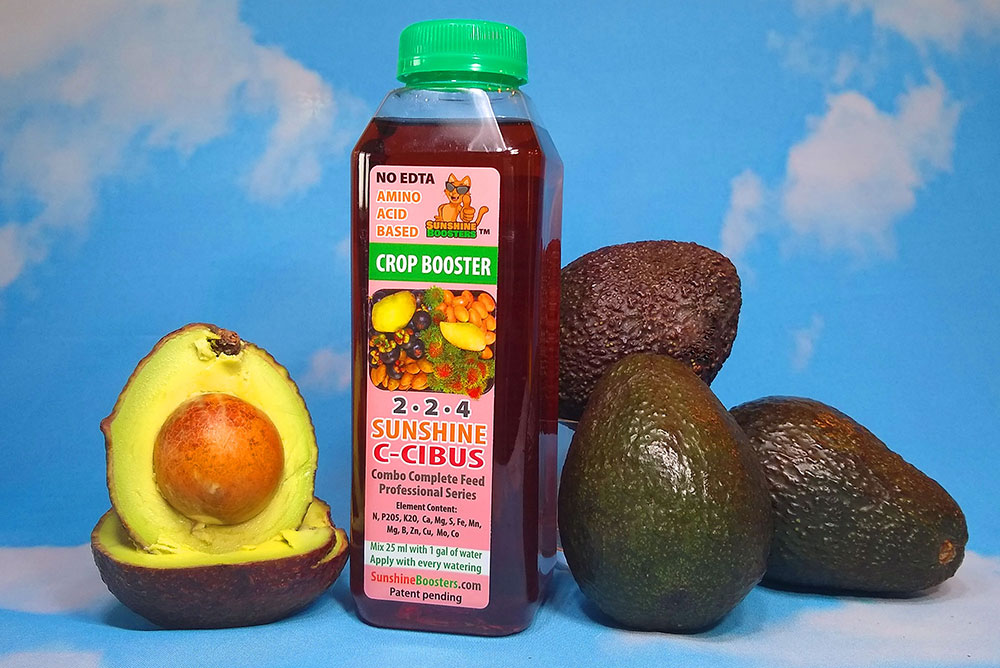Date:
Garden Blog - Top Tropicals
Date:
NEW: Top Tropicals B-Farm
Our new grow farm in Sebring, FL
Since the demand in rare tropical plants increased dramatically, we had
to extend our nursery so we can satisfy all our customers' plant needs. So we
started a new grow farm!
Our new, second location: Top Tropicals B-Farm in Sebring, FL (Highlands
County), is still under construction, but we already grow a huge selection of
rare flowering and fruiting plants for you. And of course Mr B is the supervisor of his own B-Farm!
Those who live in Central Florida, are welcomed to pick up their orders
from B-Farm, save on shipping cost, and eliminate shipping stress for your
plants. Please contact our Customer Service to make an appointment for picking up your order in
Sebring. At B-Farm, our office is still under construction so we do not have
regular hours open for public yet. For now, please shop online and you may pick
up your plants either from our Ft Myers Garden Center, or from B-Farm in Sebring.
Please note: Due to 2 locations, some plants may or may not be
available at one of the locations, please verify over the phone first, before
planning your pick up trip!
Date:
Cold hardy tropical fruit trees for Zone 9
Q: Can you suggest tropical fruit that can be grown (cold hardy) in Zone 9?
A: There are quite a few tropical/subtropical trees that will
grow well in zone 9. Our favorites are:
Figs - very cold hardy and drought tolerant.
Loquats - grafted trees that start fruiting right away, reliable
producers.
Tropical Mulberry - very fast growing trees that can take freeze, heavy
producers.
Macadamia - these trees are of a compact nature, very easy to grow and
start producing nuts right away.
Many different varieties of Eugenias - tropical cherries - all-time favorites. Another tropical cherry - Malpighia, or Barbados cherry - starts fruiting in small size under one food tall! Great for containers.
Tropical (Low Chill) Peaches, Nectarines, and Plums. See full list of low-chill, relatively cold hardy fruit
trees.
And of course -
Bananas!
Don't forget to fertilize your fruit trees to improve their cold hardiness!
Date:
Macadamia Goodness
Macadamia nuts are rich in vitamins, minerals, fiber, antioxidants, and
healthy fats. Their potential benefits include weight loss, improved gut
health, and protection against diabetes, metabolic syndrome, and heart
disease.
Native to Australia, Macadamia trees are now grown in various places around the world, such
as Brazil, Costa Rica, Hawaii, and New Zealand.
Like most other nuts, Macadamia nuts are rich in nutrients and beneficial
plant compounds. They are also linked to several benefits, including improved
digestion, heart health, weight management, and blood sugar control.
10 health benefits of macadamia nuts
1. Rich in nutrients
2. Loaded with antioxidants
3. Boost heart health
4. Reduce risk of metabolic syndrome
5. May aid weight loss
6. Improve gut health
7. Providing anticancer properties
8. Boosting brain health
9. Bumping up your longevity
10. Easy to add to your diet
Learn more...
Delicious Macadamia nuts are loved by everyone, but they are so expensive from a grocery store... If you are excited about this nut, start saving: get your own tree and harvest your own goodness!
Macadamia are very handsome trees. They are easy to grow, require very little care and are relatively cold hardy. The are slow growing, compact bushy trees that start fruiting within 2-3 years from seed. Macadamias trees are reliable producers. The most important in Macadamia cultivation - do not over-fertilize this plant, it is very sensitive to regular fertilizer. Use only liquid plant food, and provide Micro-elements on regular basis.
Read more about this plant >>
Date:
Healthy Plants: Q&A from Mr Booster
Mango leaves and fertilizing
Q: I received a mango tree we ordered last week (I am in California) and am trying to make sure we take care of it properly. I noticed the corners of some leaves have began drying out. I wanted to see if there was anything else we should be doing or if it is something normal. Overall the tree looks good and the leaves have perked up, but I noticed the dry tips on a handful of leaves. Any help is appreciated! I have not fertilized in the pot yet or applied the mango sunshine booster.
A:Your mango tree looks pretty healthy, and these dry leaf tips may be caused by overall shipping stress. You have dry air in California, and temperatures may be getting up, this may cause additional drying effect. You may start fertilizing with a liquid fertilizer, it will help the plant to get stronger and grow faster - then heat and dry air won't be a problem as soon as the plant becomes better established and hopefully go into a bigger pot soon, or in the ground. Make sure to provide regular water if you have hot dry summers.
Date:
Trimming Pomegranate Tree
Q: I purchased a Pomegranate var. Vietnam, 3 gal from you in Feb. Your lit says trim for the first 3 years to encourage new growth. How old is my tree, please? Would you recommend I trim before leaving for the summer on April 30?
A: The Pomegranate trees we have for sale are grown from cuttings and are about 2 years old. Once you plant the tree in the ground, it will start producing new shoots. You don't need to trim it now. The best time will be end of summer.
Date:
Healthy Plants: Q&A from Mr Booster
Why my Avocado is not flowering?
Q: I have 5 avocados. Three of your cold hardy varieties and two others that have all flowered and set fruit in the past. The last two years including this year, not a single one of them has put out any flowers. I am getting lots of new growth like one would expect on a tree too young to flower. The last two years have been very mild with out any damaging frost where in previous years they lost all their leaves due to frost yet started putting out flowers once winter was over. I am confused because they have all flowered and set fruit previous years. Any ideas would be appreciated.
A: From information you provided, and considering the trees get
lots of full sun and cold was not an issue, the only explanation is - lack of
nutrients. Here is an example.
Very common situation: you get a small 2-3 ft Avocado or Mango tree in 3
gal pot (or even smaller) from a nursery, full of flowers, and sometimes even a
small fruit. You bring it home, plant it in the ground or a bigger pot, it
looks happy and grows like crazy. Then next year - oops, no fruit, sometimes
not even flowers. What happened?
When the tree lived in a nursery, it was provided with all necessary
nutrients through the injector systems (continuous feed); or some nurseries may use
top dress smart release on regular schedule. Regardless of fertilizer type,
professional grower's set up delivers plant food non-stop, on regular basis, with balanced formulas. Plants are not only growing fast but also ready to produce, since nutrients are always available for a full growth cycle.
When you plant a tree in the ground (or larger pot), conditions change.
They may be beneficial for the plant: lots of room for roots to establish, hence
lots of vegetative growth. Even if you planted it using good quality fertile
soil, this soil may contain mostly nutrients responsible for vegetative
growth (branches and leaves). Chances are, your soil may be rich in Nitrogen
(good for green growth), but poor in other elements responsible for flowering and
fruiting (Phosphorous, Potassium, and many important micro-elements such as
Molybdenum, Boron, Iron, etc.). Besides, existing soil gets exhausted
quickly, and within a year a two, if you don't add fertilizer, flowering and fruiting may be reduced or even stopped.
This is why fertilizing program is very important for fruit trees that are expected to bring a crop soon.
We recommend:
- SUNSHINE C-Cibus - Crop Nutrition Booster - balanced food for fruit
trees
- SUNSHINE-Honey - sugar booster - promotes more efficient blossoming and
pollination, makes flowers bigger and reduces bud drop
- SUNSHINE SuperFood - for improving fruit trees production
Also keep in mind that some fruit trees have a habit of "skipping" a year and may either produce less or not produce at all every other year. In any case, balanced nutrition program can help to fix this "bad habit".
Date:
Date:
